Mothballs are a common household item that is used to keep moths away from clothes. This has resulted in many people using them on their potted plants. But is this safe to do?
In this article, we will be discussing whether mothballs are safe to use around potted plants. Let’s find out…
Will Mothballs Kill Potted Plants?
Yes, mothballs will kill potted plants as they contain two deadly chemicals, naphthalene, and paradichlorobenzene. These two chemicals work by suffocating the plant’s roots, preventing them from taking in water and nutrients. Over time, this will cause the plant to die.
So if you’re looking for a way to keep your potted plants safe from moths, it’s best to avoid using mothballs. There are many other methods out there that are much safer and just as effective.
Alternatives to Moth Balls in Potted Plants
Let’s take a look at some of the alternatives that you can use to keep moths away from your potted plants:
- Lavender: Lavender is a great alternative to mothballs as it naturally repels moths. You can either grow lavender around your plants or use lavender essential oil
- Cedar: Cedar is another great option for repelling moths. You can either use cedar chips or cedar oil to keep them away
- Cloves: Cloves are a great way to keep moths out of your potted plants. Simply place a few cloves in the pot and they will do the job
- Rosemary: Rosemary is another herb that repels moths. You can either grow it around your plants or use the essential oil
- Mint: Mint is another great option for repelling moths. You can grow it around your plants or use the essential oil
As you can see, there are many safe and effective alternatives to using mothballs in potted plants. They keep moths away without exposing your plants to chemicals. So if you’re looking for a way to protect your plants from moths, be sure to try one of these methods.
What Pests Do Mothballs Keep Away?
Mothballs keep away a variety of pests, including moths rodents, deer, spiders, snakes, and insects. However, it’s not always legal to use them as they can be harmful to the environment.
In many states and areas around the world, mothballs are only permitted to be used indoors. This is because they can be harmful to animals, birds, and other wildlife if they’re exposed to them.
Even if they are legal to use in your jurisdiction, I still don’t recommend using them as they can be harmful to the environment we love so much.
So if you’re looking for a way to keep pests away from your potted plants, it’s best to use one of the alternatives that we listed above. They’re just as effective and much safer for the environment.
Mothballs on Plants FAQ
There isn’t a lot of information available on using mothballs on plants. However, we’ve compiled a list of the most frequently asked questions to help you out.
Are Moth Balls Toxic to Gardens?
Yes, mothballs are toxic to gardens as they release chemicals into the air and soil that can be harmful to plants, animals, and humans. These chemicals can also persist in the environment long after the mothballs have been removed.
Do Moth Balls Keep Squirrels Out of Flower Pots?
Yes, mothballs will keep squirrels out of flower pots as they don’t like the smell of the chemicals. However, this isn’t a good long-term solution as the chemicals can be harmful to the environment.
Is It Illegal to Put Mothballs Outside?
It is illegal in many countries and regions to put mothballs outside because they may harm the environment. For example, the United Kingdom’s Department for Environment, Food, and Rural Affairs (DEFRA) has banned the use of mothballs outdoors.
Conclusion
Mothballs may be effective at keeping moths away from your potted plants, but they’re not worth the risk. They contain a few harmful chemicals that can be released into the environment, harming plants, animals, and humans.
I recommend using lavender or cedar chips as they still keep moths away but don’t have the same harmful effects on the environment.
What other methods do you use to keep pests away from your potted plants? Let us know in the comments below! I hope this article was helpful and informative. Thanks for reading!
Tim is an avid gardener from the UK. He was the founder of PlantCarer.com from 2021 to Sep 2023. He sold PlantCarer.com to Aaron. He has since started his own business called Seed To Supper, which provides new gardeners all the materials you need in a box (pots, seeds, compost and instructions) to grow your own delicious and nutritious vegetables and herbs from start to finish – no garden required.



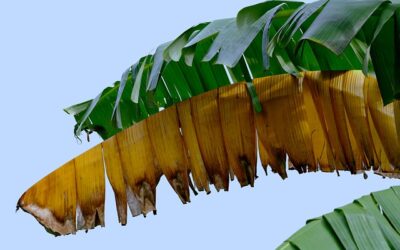

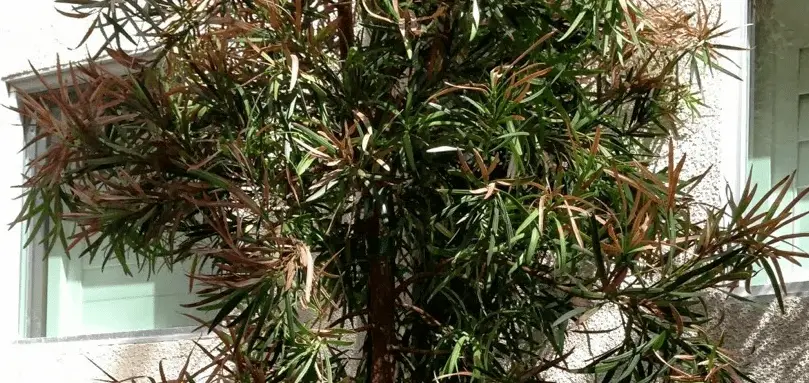
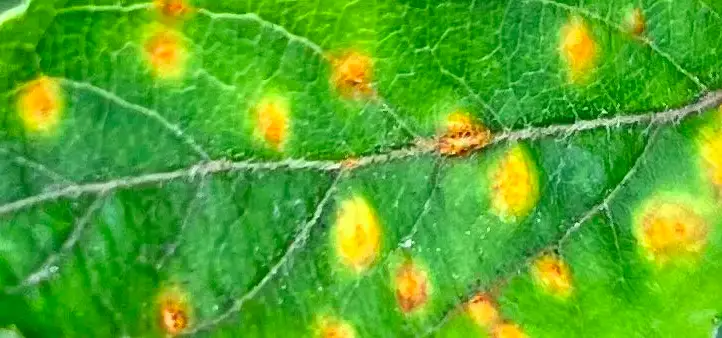
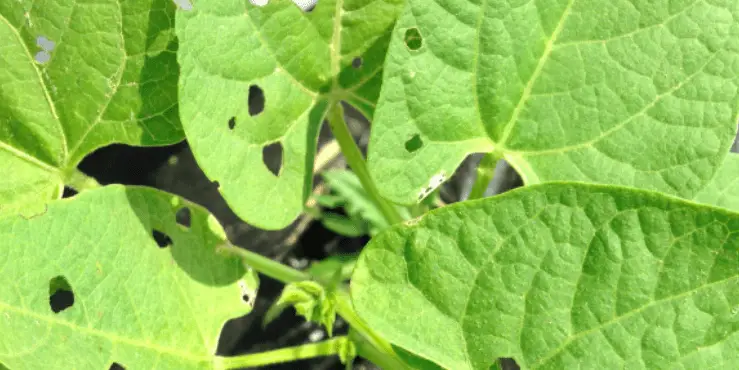
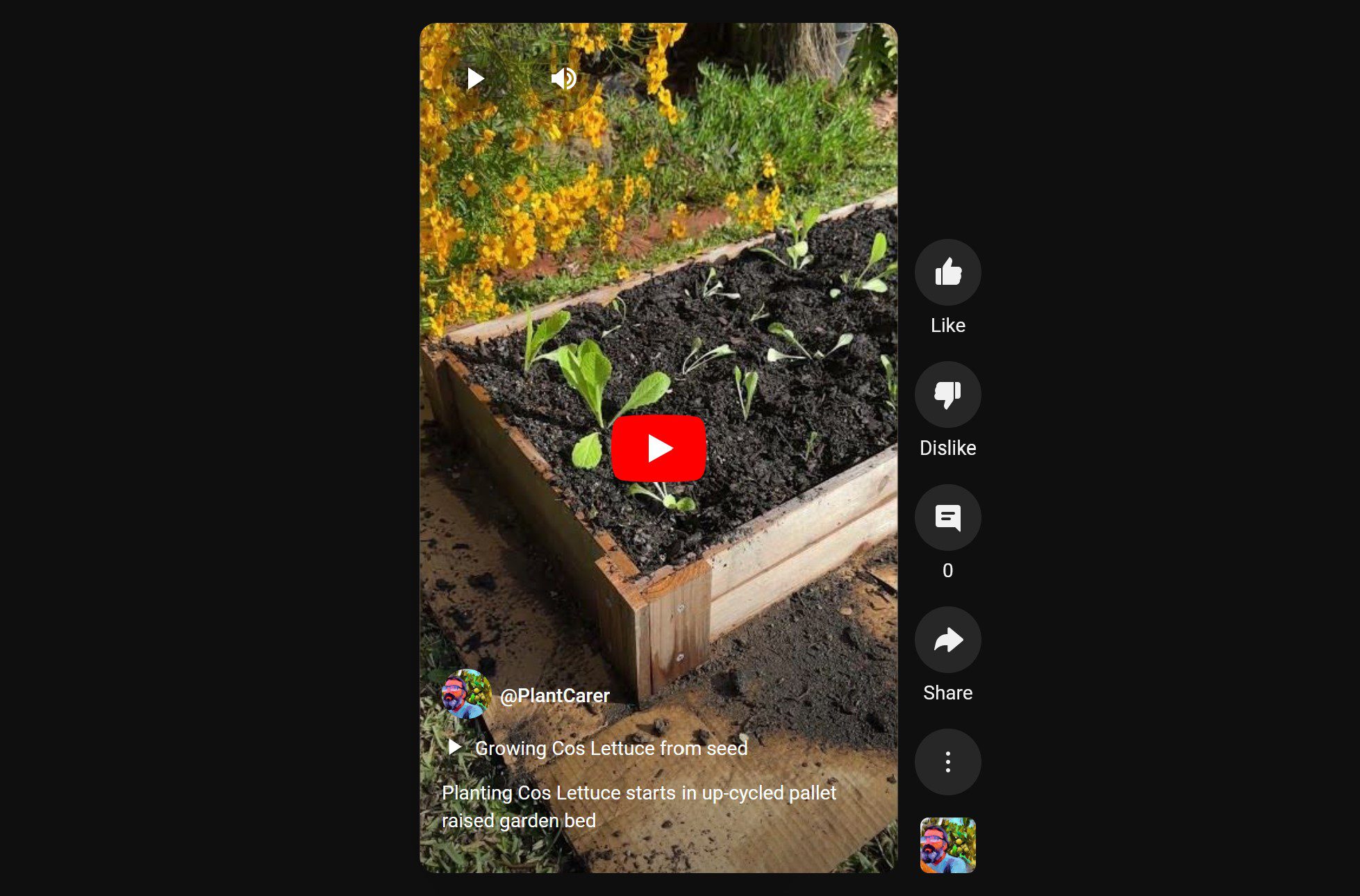
0 Comments